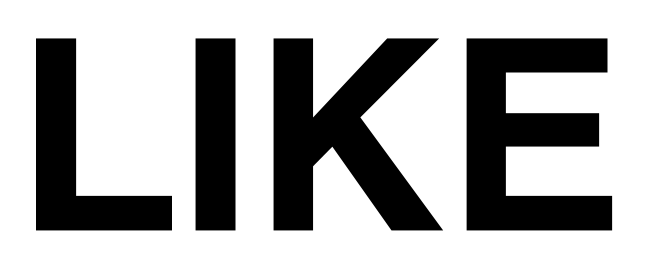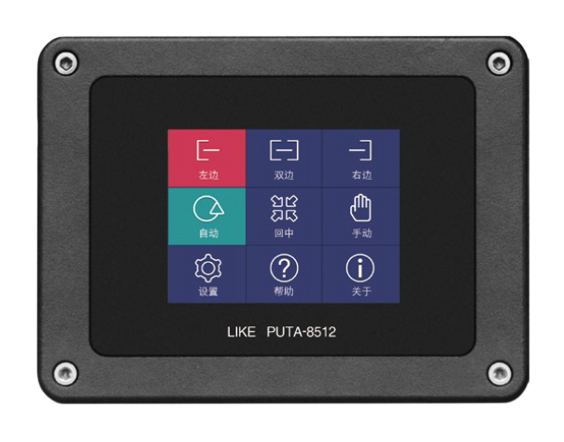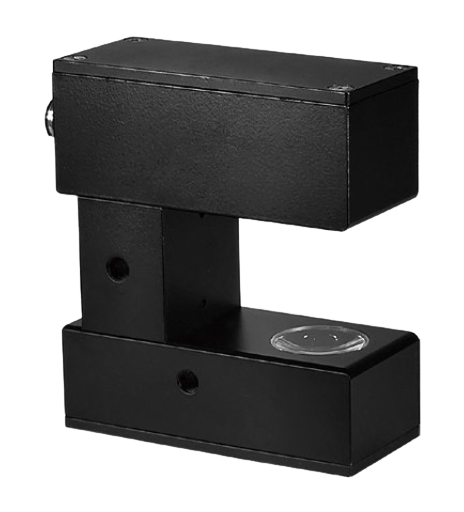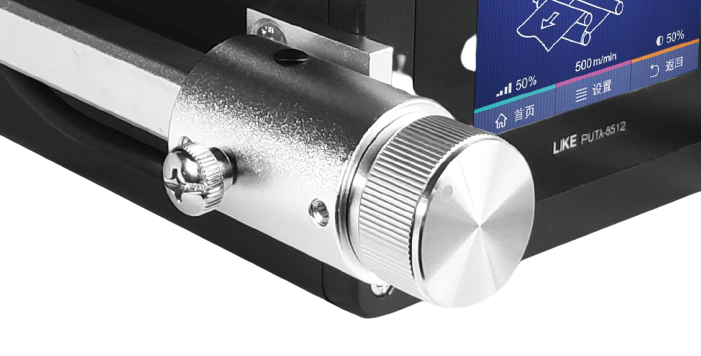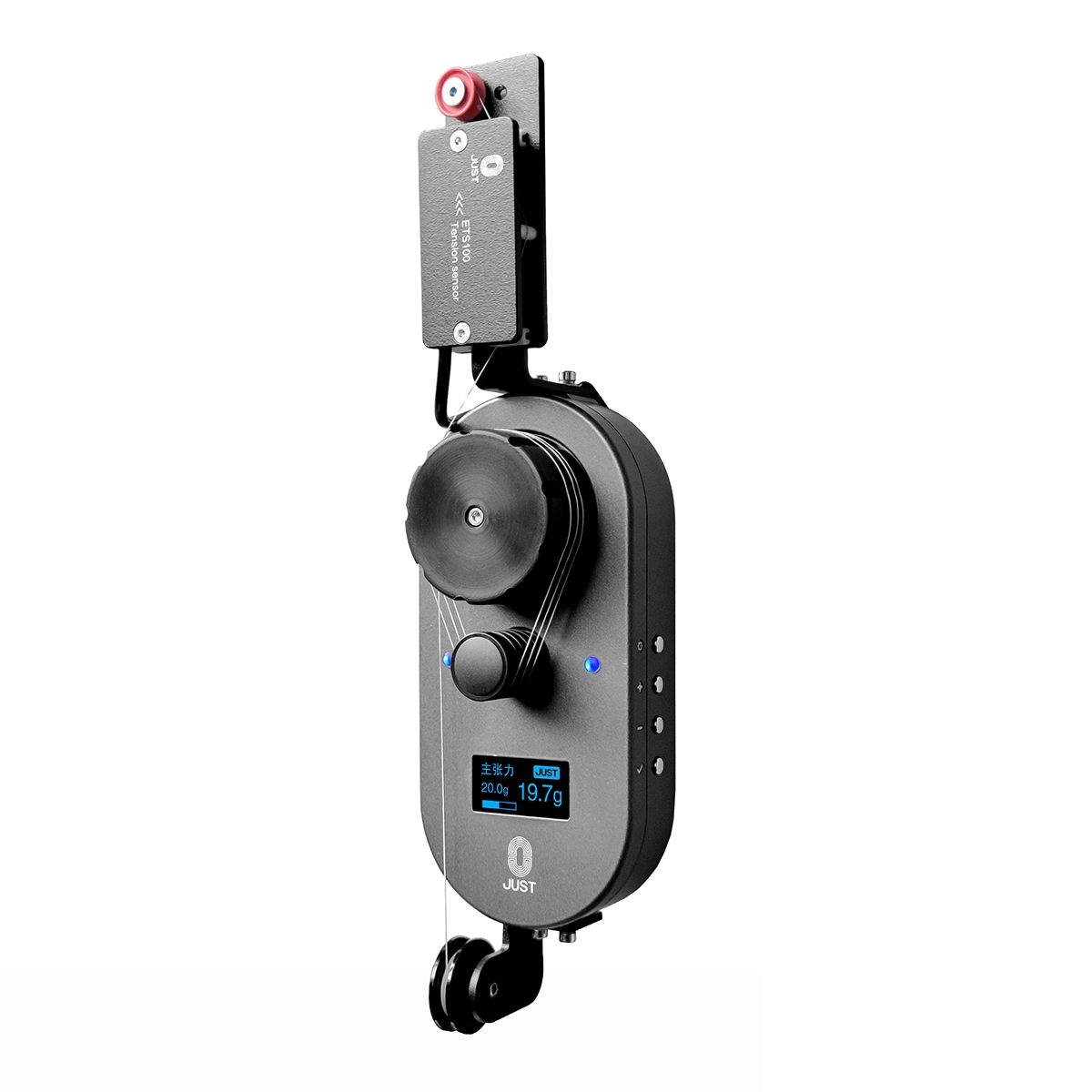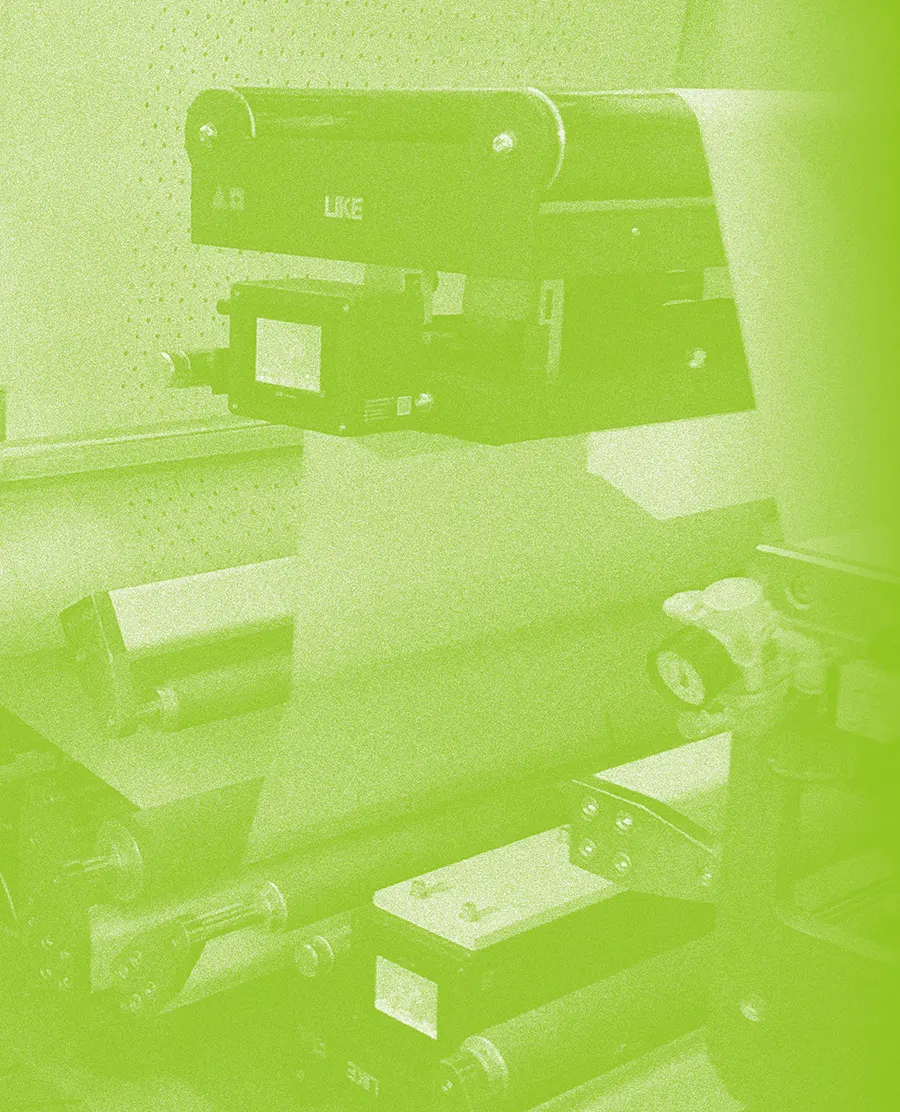Welcome to the official website of LIKE!
Routine maintenance of correction
Author:
Release time:
2023-04-06
The "Four Requirements" for Guiding Maintenance
(1) Neat: tools, workpieces, accessories are placed neatly; Complete safety protection devices; The line pipeline is complete.
(2) Cleaning: internal and external cleaning; Each sliding surface, lead screw, gear, rack, etc. are oil-free and bruised; No oil leakage, no water leakage, no air leakage, no electricity leakage in all parts; Chip garbage is cleaned up.
(3) Lubrication: add oil and change oil on time, and the oil quality meets the requirements; The oil pot, oil gun, oil cup, linoleum, oil line are clean, the oil label is bright, and the oil path is smooth.
(4) Safety: the implementation of the system of fixed personnel and shift handover; Familiar with the correction maintenance structure and abide by the operating procedures, reasonably use the correction maintenance, carefully maintain tools, and prevent accidents.
Mechanical maintenance
The daily maintenance of equipment is the basic work of equipment maintenance, and it must be institutionalized and standardized. The regular maintenance of equipment should be formulated with work quotas and material consumption quotas, and assessed according to the quotas, and the regular maintenance of equipment should be included in the assessment content of the workshop contracting responsibility system. Equipment regular inspection is a kind of planned preventive inspection, the means of inspection in addition to human senses, but also have certain inspection tools and instruments, according to the regular inspection card to perform, regular inspection some people are also called regular spot check. Precision inspection should also be carried out on mechanical equipment to determine the actual accuracy of the equipment. 1. In order to ensure that the mechanical equipment is often in good technical condition, it can be put into operation at any time, reduce the failure and downtime days, improve the mechanical integrity rate,
Utilization rate, reduce mechanical wear, extend mechanical service life, reduce mechanical operation and maintenance costs To ensure safe production, it must be strengthened
Maintenance work of machinery and equipment
2. Mechanical maintenance must implement the principle of "paying equal attention to maintenance and cultivation, focusing on prevention", so as to achieve regular maintenance and compulsory implementation, and correctly handle the use and maintenance
The relationship with repair is not allowed to only use without raising, only cultivation without nourishment
3. Each team must do a good job in the maintenance of all kinds of machinery in accordance with the mechanical maintenance procedures and maintenance categories, without undue delay, and special circumstances need to be in charge
Maintenance can be extended only after the approval of the specialist, but generally not more than half of the specified maintenance interval
4. The maintenance of machinery should ensure quality, according to the specified items and requirements item by item, no leakage or no insurance. Maintenance items, quality and maintenance
The problems found should be recorded and reported to the special staff of the department
5. Maintenance personnel and maintenance departments should achieve "three inspections and one delivery (self-inspection, mutual inspection, full-time inspection and one handover qualified)", and constantly summarize maintenance
Experience to improve the quality of maintenance
6. The asset management department regularly supervises and inspects the mechanical maintenance of each unit, regularly or irregularly checks the maintenance quality, and rewards and punishes the excellent.
objective
When CCPs and SSOPs do not meet standards and critical limits, take timely corrective action to ensure that CCPs and SSOPs return to the point of control.
Scope of application
This procedure applies to the control of corrective actions for CCP and SSOP non-compliance that occur during the operation of the company's HACCP system and during processing and production.
Duty
Responsible for the management and implementation of corrective actions during the operation of the HACCP system.
The Production Manager is responsible for the management and implementation of corrective actions during the production process.
Others are responsible for the management and implementation of corrective actions within their respective functional areas.
Control
After the CCP deviation, it is necessary to notify the on-site person in charge in time.
Implementation of corrective actions for individual affected products after a CCP deviation. When there are more than 5 products or batches of affected products after the CCP deviation, the production manager is responsible for the implementation of corrective actions.
Corrective actions
First, after the CCP deviation occurs, the following corrective actions are taken on the affected products in accordance with the HACCP schedule: a. Release that deviates from the operating limit but does not deviate from the critical limit. b. Rework. c. Isolate and store the product to be evaluated. d. Other uses.
RELATED NEWS
2023-04-06
Routine maintenance of correction
2023-04-06
